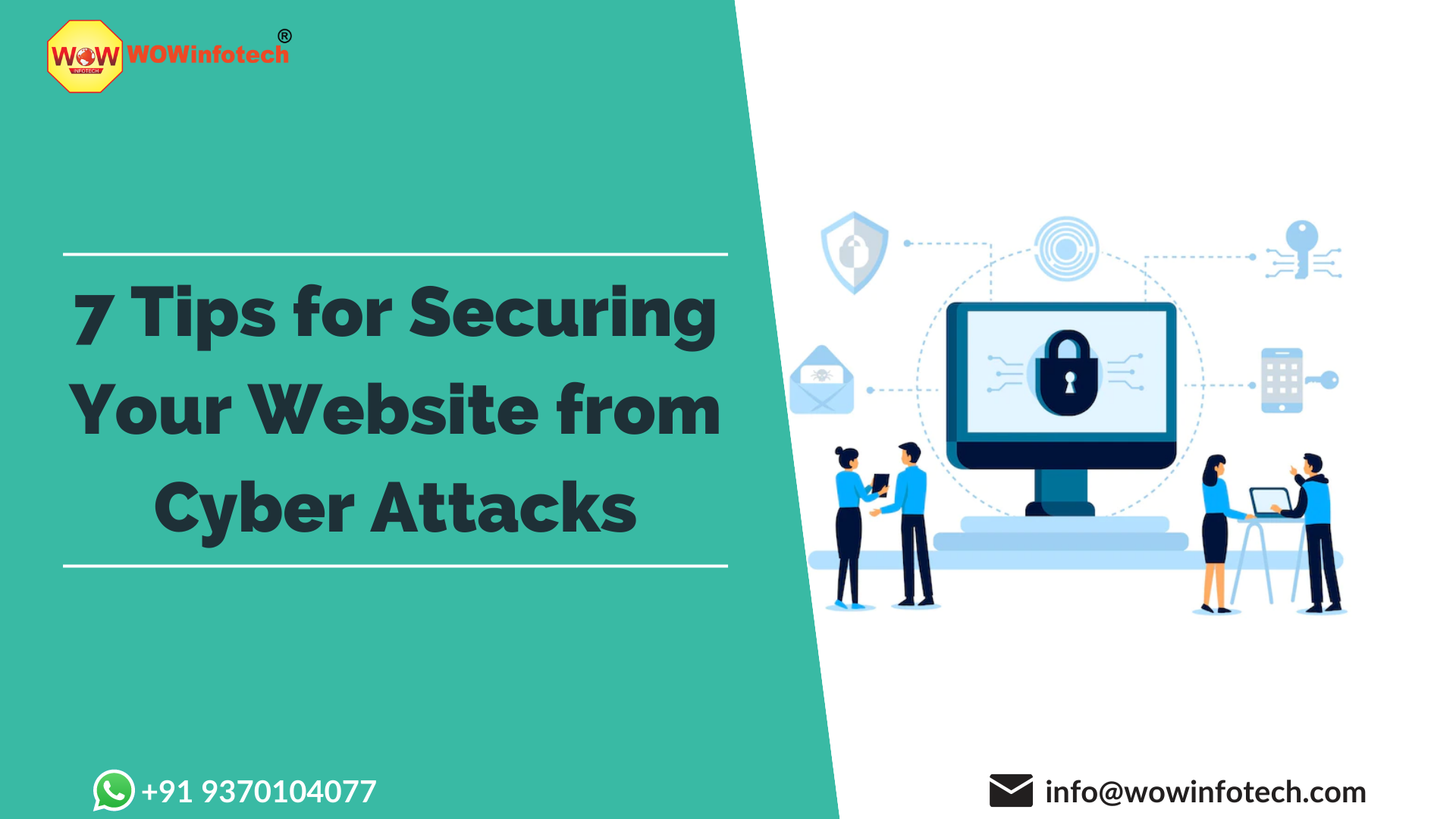Securing a website is a critical aspect of maintaining a safe and trustworthy online presence. There are many different ways to safeguard a website, but some methods are more effective than others. This blog will discuss the best ways to secure a website and how to implement them.
1. Use HTTPS
HTTPS (Hypertext Transfer Protocol Secure) is a protocol that encrypts all communication between a website and its visitors. This is important because it prevents hackers from intercepting and stealing sensitive information, such as login credentials and credit card numbers. To implement HTTPS, you will need to purchase an SSL (Secure Sockets Layer) certificate and install it on your web server. This certificate will allow your website to establish an encrypted connection with visitors' browsers.
2. Keep Your Software Up-to-date
Keeping your software up-to-date is crucial for preventing security vulnerabilities. Software updates often include security patches that fix known vulnerabilities. This is true for your website's content management system (CMS), such as WordPress or Joomla, as well as any plugins or themes that you have installed.
3. Use Strong Passwords and Two-Factor Authentication
One of the most common ways that hackers gain access to a website is by guessing or cracking passwords. To prevent this, you should use strong passwords that are difficult to guess. This means using a combination of letters, numbers, and special characters. Additionally, you should consider using two-factor authentication (2FA) to add an extra layer of security to your login process. With 2FA, a user must provide a second form of authentication, such as a fingerprint or a code sent to their phone, in addition to their password.
4. Limit Access to Your Website
Limiting access to your website is another effective way to secure it. This can be done by restricting access to certain pages or areas of your website to certain users or groups. For example, you might want to limit access to your website's admin area to only a select group of users.
5. Backup Your Website Regularly
Backing up your website regularly is crucial for protecting against data loss. In the event that your website is hacked or experiences a technical failure, you will be able to restore it to a previous version. This can be done manually or automatically, depending on your preference.
6. Use a Firewall and Anti-Virus
A firewall is a security tool that monitors and controls incoming and outgoing network traffic. It can be used to block malicious traffic, such as hacking attempts, and to protect your website from malware. Anti-virus software is also a must-have to protect your website from malware.
7. Monitor Your Website
Monitoring your website is important for identifying and responding to potential security threats. This can be done by using website monitoring tools that alert you to any issues, such as increased traffic or suspicious activity.
In conclusion, securing a website is critical to maintaining a safe and trustworthy online presence. By implementing HTTPS, keeping software up-to-date, using strong passwords and two-factor authentication, limiting access, backing up regularly, using firewall and anti-virus, and monitoring, you can greatly reduce the risk of security breaches and protect your website and your visitors' information.
#Website #WebSecurity #WebsiteSecurity #CyberAttacks #CyberSecurity #Cyber #Security #WebsiteDevelopment #WebsiteProtection
-

Krishna Handge
WOWinfotech
Jun 16,2023
